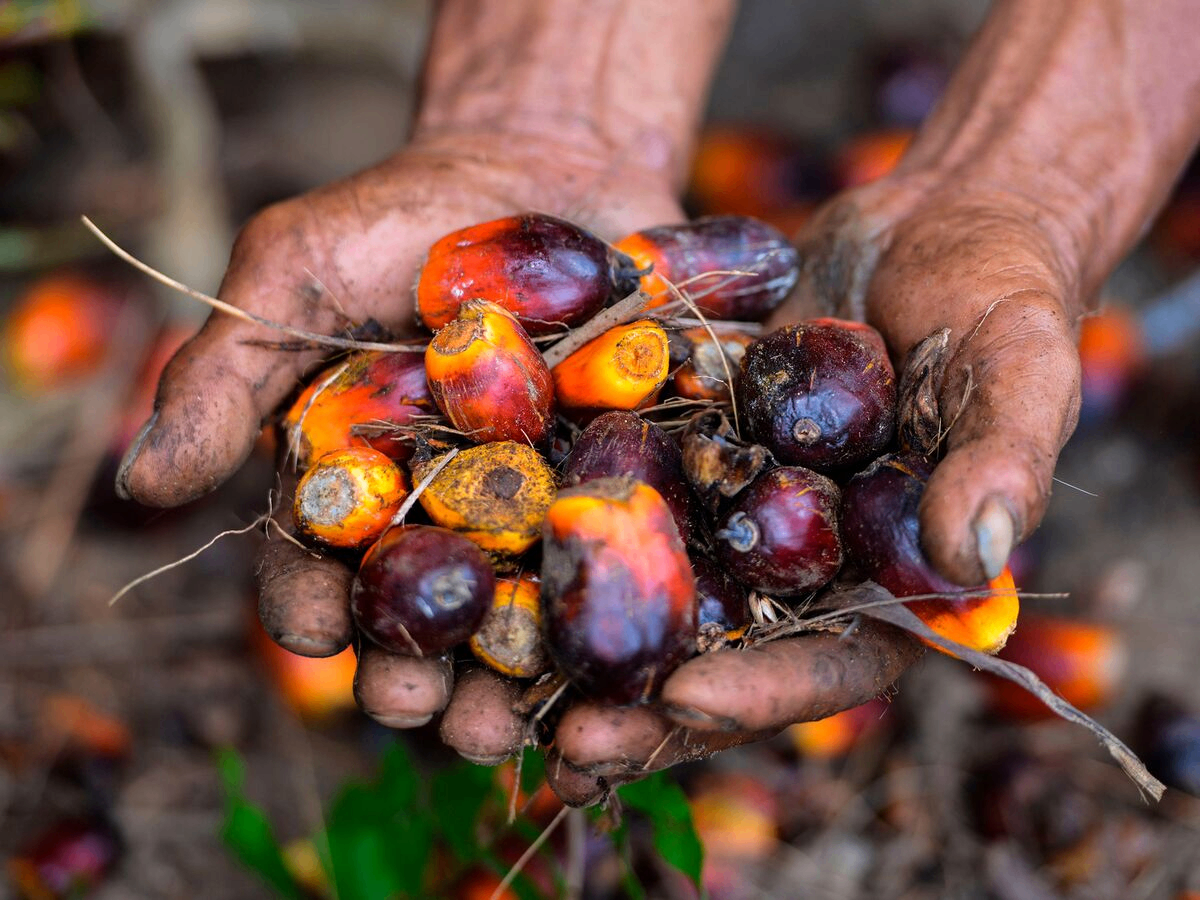Indonesian palm oil exports blocked by EU spring gold backtracking supply chain to meet new rules
Indonesian palm oil exporter Chunjin Group launches review of its supply chain to comply with EU deforestation rules。
An executive at Singapore-based Indonesian palm oil exporter Musim Mas has revealed that the company faces a "huge challenge" under the new EU Deforestation Regulation (EUDR), which will particularly affect the country's individual smallholders.。
The new rules allegedly require suppliers of commodities such as palm oil, coffee and cocoa to issue due diligence statements certifying that their products do not come from deforested land and do not cause forest degradation.。Traders and other organizations selling products in the EU must submit the material by the end of 2024, and micro and small enterprises can be exempted from this by mid-2025.。
Carolyn Lim, senior manager at Musim Mas, called the regulation a "trade barrier."。
"It is very difficult for us to collect the data required by the EU, which is a very difficult problem," Lim said in a recent interview. "Moreover, many smallholder farmers have undetectable yields, and some do not even have land ownership.。"
Malaysia and Indonesia, the world's largest producers of palm oil, condemned the EU's new rules, saying they hurt small farmers.。In June, Malaysian Prime Minister Anwar Ibrahim and Indonesian President Joko Widodo reiterated that the two countries would work together to protect the palm oil industry.。
According to statistics, palm oil is a key raw material for a range of consumer products, from processed foods to cosmetics, and Indonesia's palm oil production accounts for about 60% of global production.。The largest importers of palm oil in 2020 were India ($5.1 billion) and China ($4.1 billion).。A report by the non-governmental organization Fern shows that the EU and the UK together import $5.4 billion worth of palm oil.。
Musim Mas, which controls 18% of the global refined and processed palm oil market, is conducting a review of its supply chain.。Currently, 40% of the company's fresh ears come from independent smallholder farmers in Indonesia, while the rest are produced by its 130,000-hectare plantations and corporate suppliers in Indonesia.。
Other foreign palm oil companies active in Indonesia include Singapore-based Wilmar International, which has 231,697 hectares, of which about 65 percent is in Indonesia; US agricultural giant Cargill has about 80,000 hectares of its own farmland in Indonesia; and Asian Agri and Sinar Mas Agro Resources & Technology.。
To meet new EU rules, Musim Mas recently suspended small farmers from exporting palm oil to the region, Lim said.。
In response, Lim added, "Musim Mas has adjusted its supply sources, all from our own companies and suppliers, in order to provide traceable statistics for shipment to the EU market.。Palm oil produced by independent smallholders is now used to meet demand in the Asia-Pacific market, as the region is more concerned about quality and less about whether the data is traceable.。"
According to the data, Asia Pacific contributed more than 60% of the company's total revenue of $10.8 billion in 2022.。
In addition to reviewing the supply chain, Musim Mas regularly hosts workshops to help smallholder farmers better understand sustainability, but this task still has a long way to go.。
Not only that, Musim Mas is also working with brands to find ways to submit data to EU regulators that are acceptable to both producing countries and the EU.。

·Original
Disclaimer: The views in this article are from the original Creator and do not represent the views or position of Hawk Insight. The content of the article is for reference, communication and learning only, and does not constitute investment advice. If it involves copyright issues, please contact us for deletion.